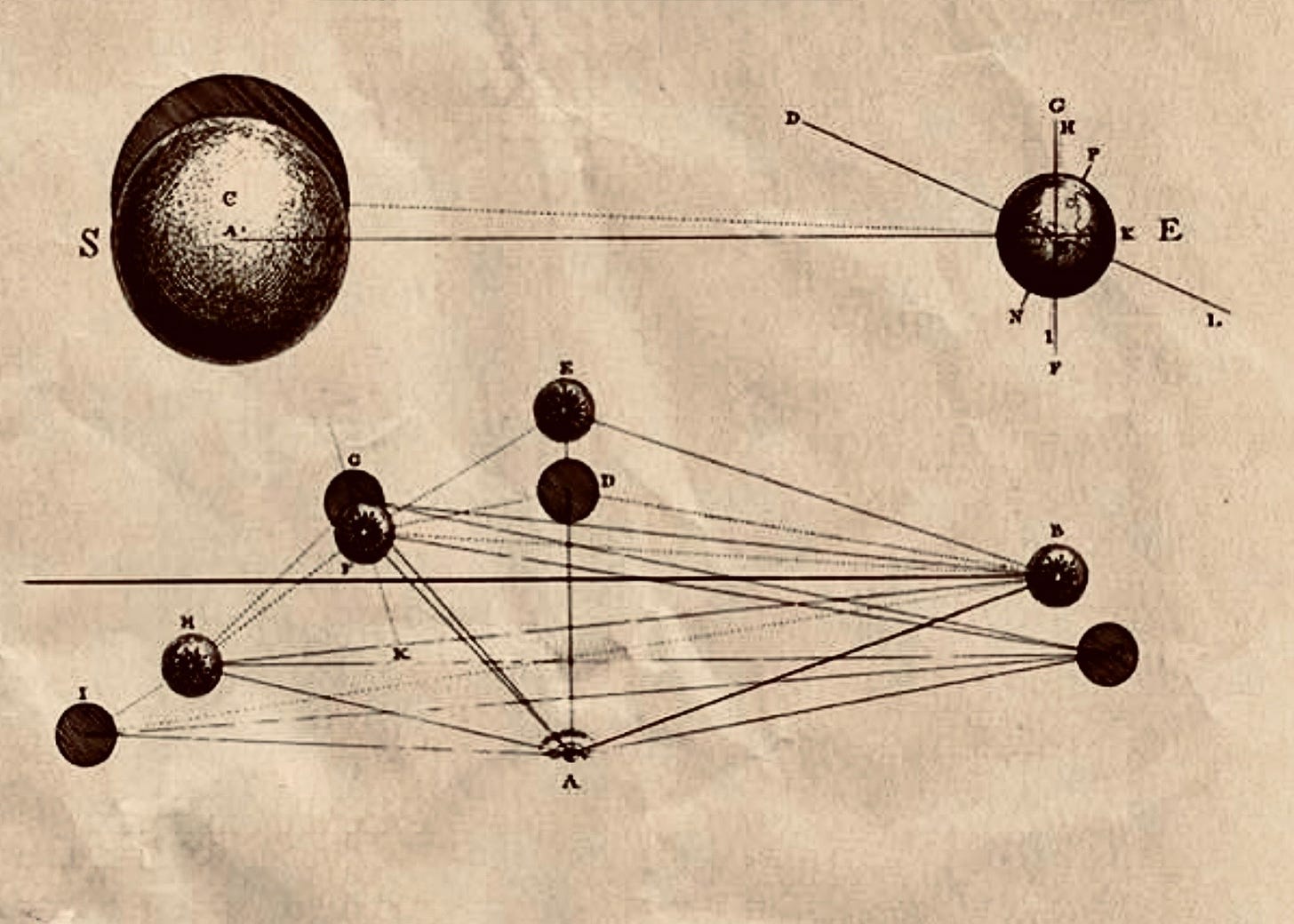Creation Ordinances
“There is nothing new under the sun,” declared the Qoheleth, King Solomon, more than three millennia ago (Ecclesiastes 1:9). Indeed, even the most pressing hot button issues in our culture today are anything but unprecedented or new. So, for instance, the fractious debates over gender, race, and sexuality, diversity, inclusion, and equity, are merely t…


